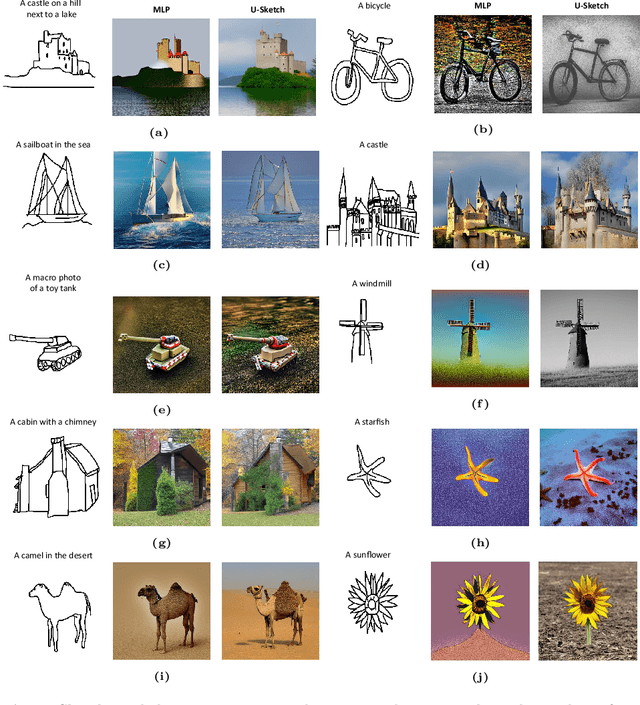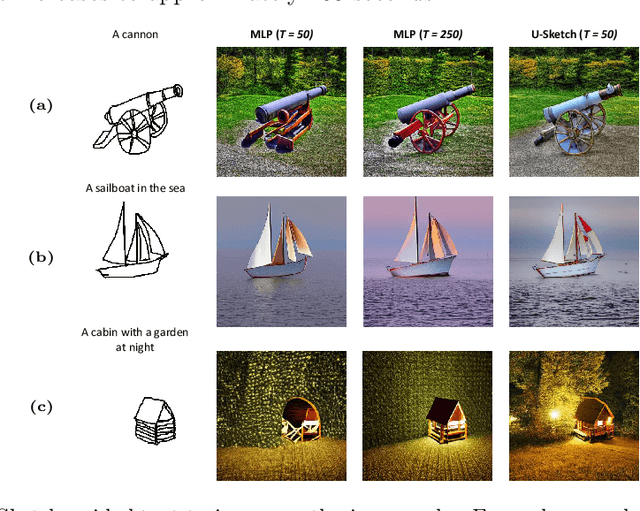Ilias Mitsouras
Analyze-Prompt-Reason: A Collaborative Agent-Based Framework for Multi-Image Vision-Language Reasoning
Aug 01, 2025Abstract:We present a Collaborative Agent-Based Framework for Multi-Image Reasoning. Our approach tackles the challenge of interleaved multimodal reasoning across diverse datasets and task formats by employing a dual-agent system: a language-based PromptEngineer, which generates context-aware, task-specific prompts, and a VisionReasoner, a large vision-language model (LVLM) responsible for final inference. The framework is fully automated, modular, and training-free, enabling generalization across classification, question answering, and free-form generation tasks involving one or multiple input images. We evaluate our method on 18 diverse datasets from the 2025 MIRAGE Challenge (Track A), covering a broad spectrum of visual reasoning tasks including document QA, visual comparison, dialogue-based understanding, and scene-level inference. Our results demonstrate that LVLMs can effectively reason over multiple images when guided by informative prompts. Notably, Claude 3.7 achieves near-ceiling performance on challenging tasks such as TQA (99.13% accuracy), DocVQA (96.87%), and MMCoQA (75.28 ROUGE-L). We also explore how design choices-such as model selection, shot count, and input length-influence the reasoning performance of different LVLMs.
U-Sketch: An Efficient Approach for Sketch to Image Diffusion Models
Mar 27, 2024



Abstract:Diffusion models have demonstrated remarkable performance in text-to-image synthesis, producing realistic and high resolution images that faithfully adhere to the corresponding text-prompts. Despite their great success, they still fall behind in sketch-to-image synthesis tasks, where in addition to text-prompts, the spatial layout of the generated images has to closely follow the outlines of certain reference sketches. Employing an MLP latent edge predictor to guide the spatial layout of the synthesized image by predicting edge maps at each denoising step has been recently proposed. Despite yielding promising results, the pixel-wise operation of the MLP does not take into account the spatial layout as a whole, and demands numerous denoising iterations to produce satisfactory images, leading to time inefficiency. To this end, we introduce U-Sketch, a framework featuring a U-Net type latent edge predictor, which is capable of efficiently capturing both local and global features, as well as spatial correlations between pixels. Moreover, we propose the addition of a sketch simplification network that offers the user the choice of preprocessing and simplifying input sketches for enhanced outputs. The experimental results, corroborated by user feedback, demonstrate that our proposed U-Net latent edge predictor leads to more realistic results, that are better aligned with the spatial outlines of the reference sketches, while drastically reducing the number of required denoising steps and, consequently, the overall execution time.
 Add to Chrome
Add to Chrome Add to Firefox
Add to Firefox Add to Edge
Add to Edge